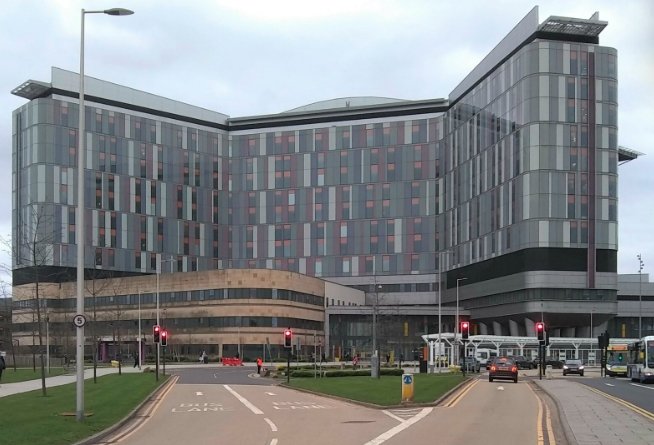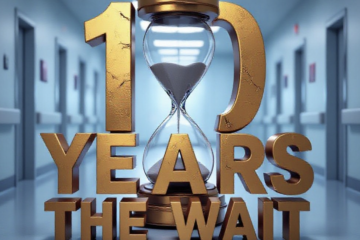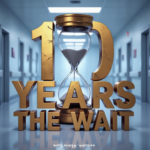Families at the center of a public inquiry into Scotland’s Queen Elizabeth University Hospital (QEUH) and the Royal Hospital for Children have expressed continued concerns over patient safety. Despite ongoing investigations, they say they remain unconvinced that the hospitals, particularly the buildings themselves, meet necessary safety standards.
Inquiry Shocks Families with Disturbing Evidence
The inquiry, which has been examining the circumstances surrounding a series of infections at the hospitals, has heard alarming testimony that has shocked and angered many families. One of the most troubling aspects revealed in the inquiry is the discovery that hospital staff received a 2015 report indicating that the water supply was at high risk of infection — a critical oversight that only came to light years later.
Ian Powrie, head of estates, admitted that he failed to read the report until three years after it was issued. Meanwhile, Dr. Jennifer Armstrong, the hospital’s second-in-command, acknowledged that the hospital had “not been built right,” though she did not believe the building’s problems were directly responsible for the infections.
Dr. Christine Peters, a former infection control doctor and whistleblower, reiterated concerns about the hospital’s infrastructure, stating that there was a “serious problem with culture” within the health board, which has often been accused of prioritizing its reputation over patient safety.

Families Demand Transparency and Interim Report
Affected families are calling for greater transparency, asking for an interim report that would assess whether the hospitals currently meet safety standards. They feel deeply unsettled by the evidence presented during the inquiry and claim that senior executives have been more concerned with protecting the hospital’s reputation than ensuring patient safety.
Mark Bisset, whose 12-year-old daughter Charly contracted multiple infections during her treatment at the Royal Hospital for Children, expressed a profound lack of trust in the hospital. “You get the fear,” he said, explaining that the family is still “petrified” every time they visit. Charly, who is now cancer-free, continues to experience health issues, and Mark has even requested her care be transferred to another city due to concerns about safety.
Infections and Governance Failures
The inquiry has also heard testimony from families who lost loved ones under similar circumstances. Maureen Dynes, whose husband Tony died in 2021 after cancer treatment at the QEUH, only discovered that he had contracted infections posthumously through medical records requests. She shared her distress over the apparent lack of transparency, criticizing the health board for withholding information that might have reassured patients and families about the hospital’s safety.
Similar concerns were echoed by other relatives, including Louise Slorance, whose husband died from Covid at the hospital while also testing positive for aspergillus, a type of fungal infection. She believes the ongoing safety risks necessitate an interim report to ensure the public is fully informed about current conditions at the hospital.
Legal Perspectives and Next Steps
Patrick McGuire, a lawyer representing several families involved in the inquiry, emphasized that the evidence made it clear the hospital was riddled with management failures and ongoing safety concerns. He stated that without knowing whether the hospital is now safe, the families he represents are deeply anxious about their loved ones’ health. He called for the publication of an interim report to assess the safety of the hospital and address any ongoing risks to patients.
In response to these concerns, NHS Greater Glasgow and Clyde (NHSGGC) issued a statement assuring the public that the hospitals are safe, citing publicly available safety indicators, mandatory infection surveillance, and mortality rates that align with or are lower than the Scottish average. The health board reiterated its commitment to fully cooperating with the inquiry to establish the facts and support those affected by the issues.
Moving Forward
The Scottish Hospitals Inquiry is set to continue hearing evidence in 2025, with the final report expected after August of that year. For now, families remain uncertain about the state of safety at the hospitals, and their calls for immediate action, transparency, and reassurance continue to grow louder.


















